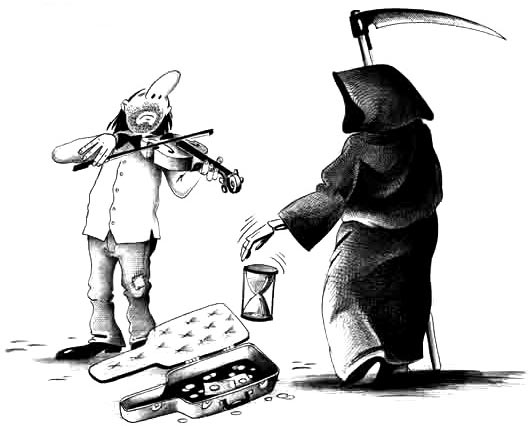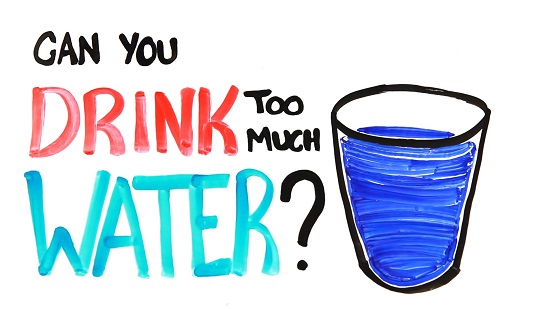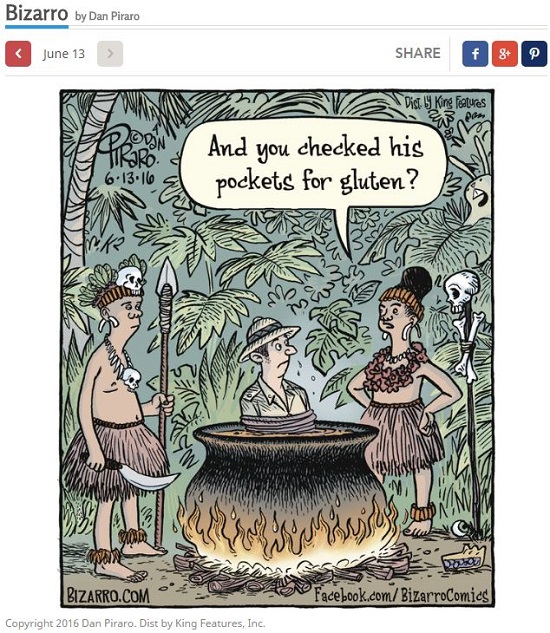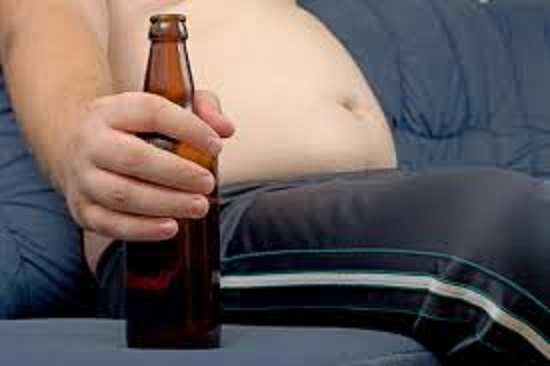It may be that “Music hath charms to soothe the savage beast”, but it also may reward musicians with longer lives and better hearing, depending on when and how long those musicians were engaged in music training. Northwestern University’s Auditory Neuroscience Laboratory has studied how music affects the human brain for some years, and released their latest study in late 2011.
These results have not apparently led to a big increase in sales of instruments nor music lessons during the last five years, but should have been motivating, or at least interesting to those who contemplate their own mortality. But there are some caveats. Apparently it is best if one has learned music in childhood and continued to play an instrument for at least 10 years, even if there has been a gap of several decades between then and when s/he starts to play again. Another caveat is that the modest number of research studies, none with sample sizes exceeding 100, may not be statistically significant.
On the positive side, however, a musician’s being able to pick out other musicians’ notes helps him/her hear better because of being able to hear a conversation in a noisy environment. Better hearing means that one is less isolated from society, which helps one age more gracefully. And musical activity improves memory, again a defense against aging.
Most of the research focuses on instrumentalists, but an elusive Harvard/Yale study found that vocalists benefit similarly, apparently even more so if they sing with a group.
One simple aspect that seems to have been mostly ignored is the cardiovascular exercise that accompanies musical efforts. This has been most noted in the case of conductors, but some instrumentalists like drummers and all members of marching bands get considerable exercise.




